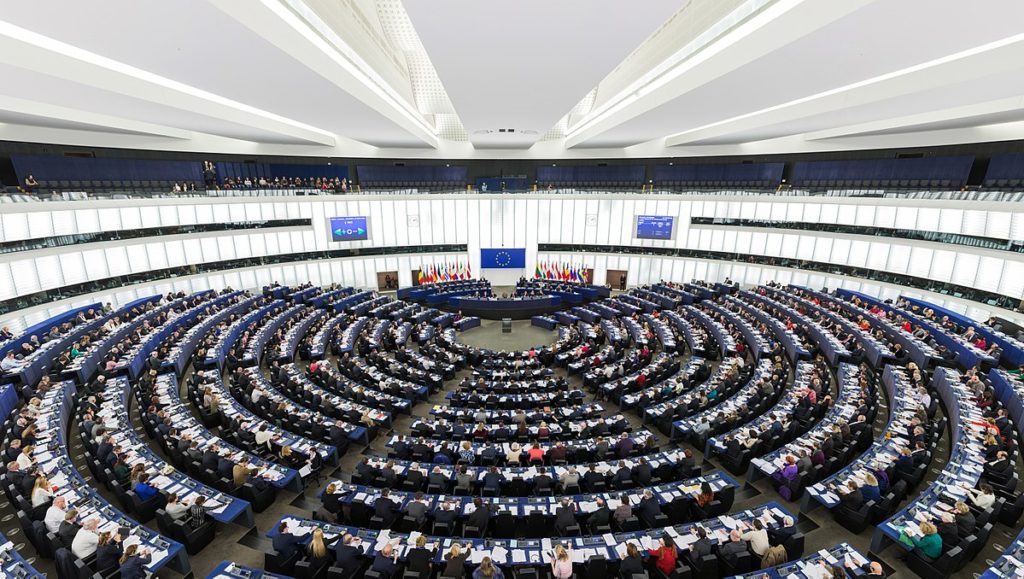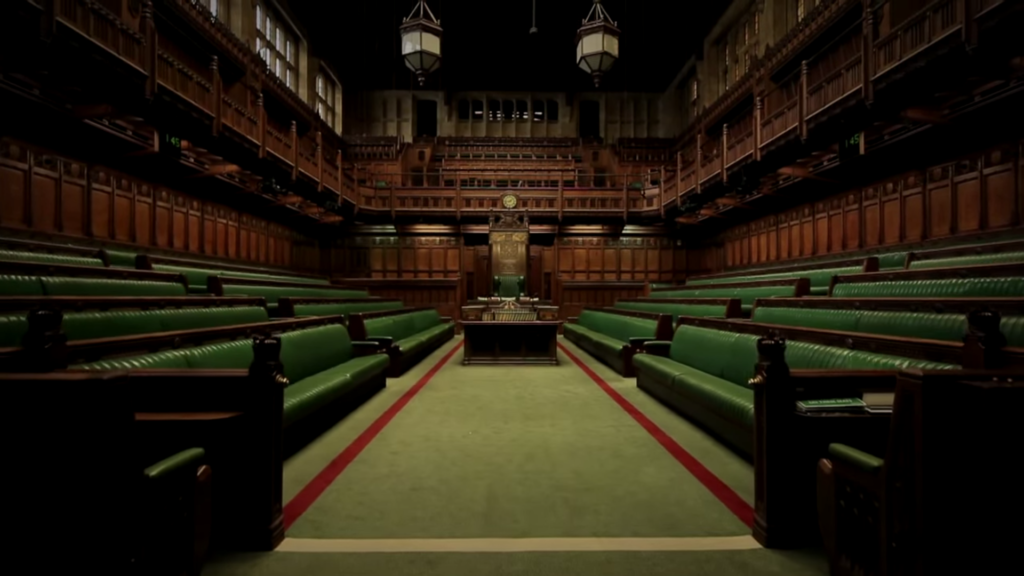It’s been 3 years since the Leave vote in the UK and many of us are wondering what will happen if it will happen, and how will this Brexit happen. After the “Meaningful Vote” that took place on January 15th with Theresa May’s proposal losing by 230 votes (202 in favor and 432 against), we are wondering what will be the next steps when it comes to Britains divorce from the EU, will the UK bring a new proposal by March 29th or will there be a No Deal Brexit. In any case, paranoia is rampant on all sides and we want to try and make some clarity based on what the EU and the UK have been saying in these last few days.
Today for once we’re going to have to bore you with some politics, because at the end of the day some of you might plan to study in the UK, and others might be from the United Kingdom planning to study in the European Union. So, we want to give you a “quick” guide on what will happen to you as a student in the UK and in the EU, based on questions regarding the provisional withdrawal plan that has been drafted by a European and British commission. Do keep in mind that none of this is definitive, but for now, the two governments want to make sure this is something that won’t change whatever the outcome of March 29th is.

What will be the repercussion post Brexit for students that wish to study in one or the other country? Well, based on the previously mentioned withdrawal plan, we’re going to see an attempt by both sides to keep the same rights untouched of all citizens that have to complete their studies. Costs will rise for EU students in the UK only if they decide to enroll after Brexit takes place, so if you’re thinking about studying anywhere in Great Britain now is the best time to enroll. Also, if you are an EU student that is now studying in the UK and you are in the middle of an Erasmus abroad within EU soil, you have no need to worry because you’ll be covered by your pre-Brexit rights. The only case in which students need to start looking into how they will stay in the UK, and the same counts for UK students living in Europe, is when their degree comes to completion. In this case, you’ll have to look into acquiring what is called “Settled Status” in the UK or a residence permit in whichever EU country you wish to continue living in.
Now let’s go ahead and see what the “Settled Status” implies for any European citizen deciding to stay in the UK post Brexit. I’d say we look at this in two points such as Who can apply, and How will they apply.

Who can apply for Settled Status?
Reading through countless EU and UK documents on the future dealings between the two countries, we can start to understand that the initial fear that took everyone by storm (me included, I used to live in London and left in August 2016) that after Brexit any non-UK citizen was going to lose their job and be sent home, wasn’t the case.
Firstly because Parliament has been taking quite a while to actually organize themselves with how to make Brexit happen, and secondly the European Union has been giving some extra time to the UK to make their decision – both parties know that this divorce could cost a lot of money.
So, now that we’re probably at the point in which something will happen, everyone living in the UK and in the EU that aren’t citizens are starting to wonder what the outcome is going to be, and what said outcome would entail for them. That is where the Settled Status and Long-term resident Directive come into play, to cater to those students and future workers that wish to stay in the country they are living in at the moment.

Now, I’ll finally answer the question I posed. Anyone that is in the UK and has been there for at least 5 years can apply for Settled Status, this implies that if you’re a student there and have another year after your degree to reach that 5 year quota you’re still going to be able to stay as long as you can be self-sufficient, are employed, or if you have a family member that meets the 5 year quota living in the UK at the moment. Obviously, you’ll have to give proof of this to the competent authorities, but if you’re in the UK you probably know that by now. When it comes to living in a European country as a British national, the main concern seems to be finding yourself “landlocked” within the EU state you’ve decided to live or study in. For the EU it is fundamental that UK nationals understand that this is not the case. In the case one person has been residing in a member state for more than 5 years they would fall into the “Long-term resident Directive”, no different than the “Settled Status”, with one case being the “Blue Card Directive” in which one person could move to another EU state as long as they are looking for employment or already have one, and in the other case – that has more to do with our main readers – the “ICT” and “Students and Researchers Directives” in which you can acquire temporary residence in another Member State.
Those are all the words I could say without making it to personal, and leaving as factual and bureaucratic as possible. Talking about bureaucracy…

How will someone apply for Settled Status?
Many are afraid that the applications for Settled Status will be a nightmare, and I wonder why? This is not a concern with the UK as a country, but rather with red tape in general. As we all know the UK is one of the most efficient in the European continent (I said continent and geographically they’re always going to be part of it), but bureaucracy is bureaucracy everywhere. As the EU’s main page wants everyone to know, the United Kingdom is changing the never-ending papers that one person needs to go through, and is trying to make the paperwork as “short, simple, and user-friendly” as possible. So, you won’t need to worry about endless forms. Paperwork concerns are going to be something for the border at the commercial port of Dover, this has nothing to do with our article, but I’ll talk about it later nonetheless. Now that we “know” how Immigration is going to handle the settled status paperwork, let’s see how you as a prospect ? Settled European? will have to bring in the paperwork.
You’ll have two years of time after the official Brexit date to send in your paperwork and apply, this will be free of charge for anyone that has already been in the UK for 5 years under the EU free movement laws (also known as pre Brexit laws), but if not you’ll find yourself paying a charge of around £70 – that is the same price a British citizen would pay for their passport. But what will happen if you miss the deadline? That will be a decision of the UK Immigration Offices, but for now, the case seems to be that you’ll be put in front of an independent UK court to examine your case.

Now we really don’t know what will happen with Brexit, some people say it’ll be the end of the UK, while others say it will be the beginning of how the European dream died. We can see that from a UK point when looking at how the port of Dover will find themselves with endless paperwork when it comes to exporting goods past the Channel, and the whole nightmare that is going on with the Northern Irish and Irish border – with speculation that this will bring a resurgence of darker times with the reinstatement of a physical border between the two, making it an excuse for fringe extremist groups to recruit once again. But also in the EU seeing a resurgence of Souverainism in countries such as France, Germany, and Italy that have followed the lead of the UK’s push to leave, putting a Unified Europe at risk in the future.
These are all speculations that have their valid reasonings behind them, but for now, we just need to understand what will happen in the immediate future. While we’re here helping you find you’re next place to stay at we also want to make sure you can stay there.












[…] are trying to help out the best they can, I wrote a post on the topic a while back, and you should give it a read. You might even find out how to apply for residence if you’re thinking about staying in the long […]